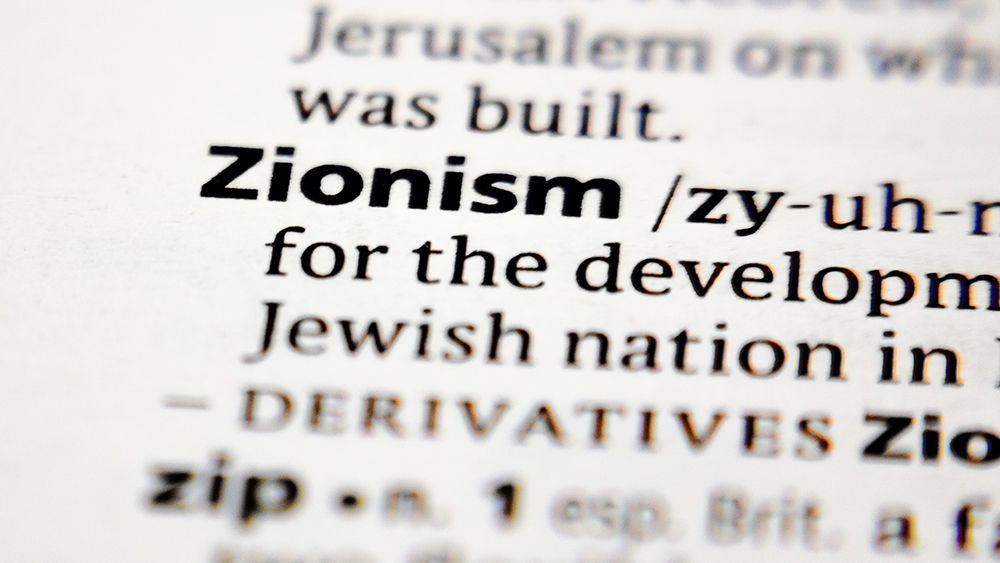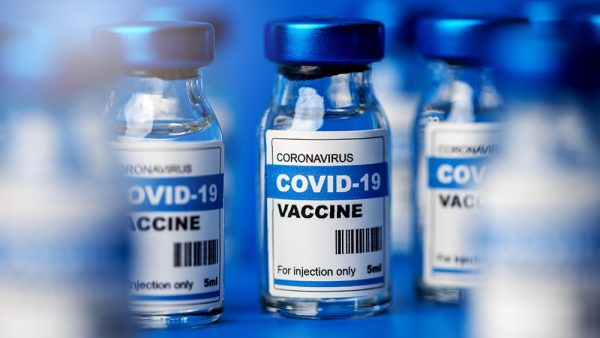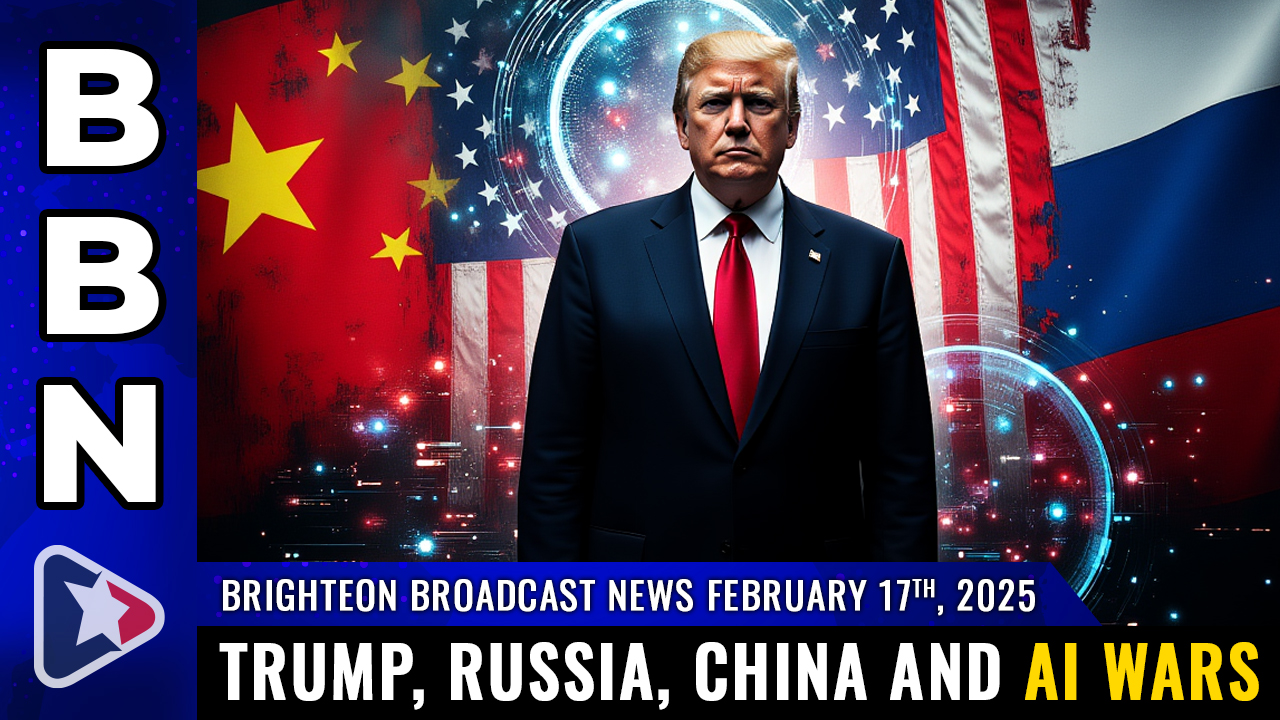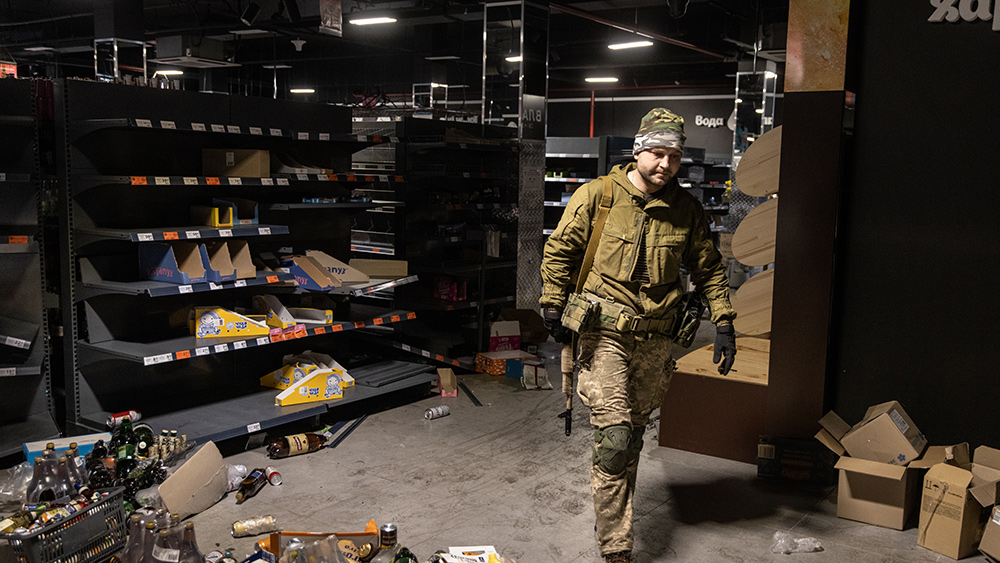 Parler
Parler Gab
Gab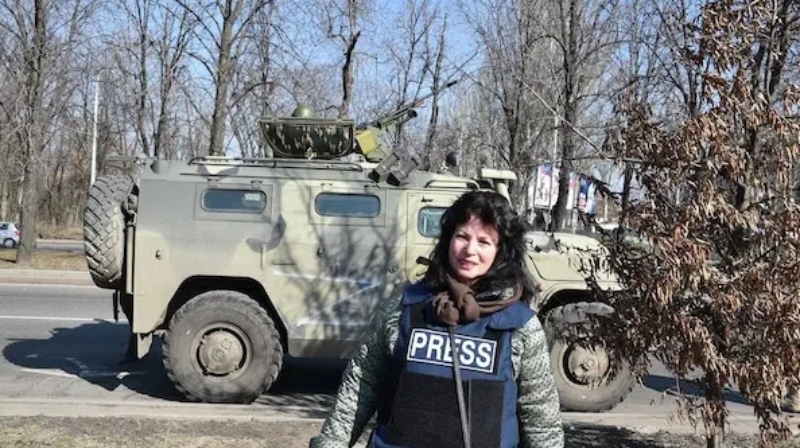
- The USAID funding freeze is justified as a necessary course correction to align U.S. aid with national interests, according to Secretary of State Marco Rubio.
- The move is seen as a step towards dismantling the deep state's influence and ensuring more effective and transparent use of U.S. foreign aid.
- Ukrainian and Russian independent media face an existential crisis due to the funding freeze, with up to 90% of Ukrainian media relying on American taxpayer support.
- Historical context shows USAID's significant role in supporting democratic institutions in Ukraine since its independence in 1991, but also highlights concerns about dependency and foreign influence.
- The challenge now is to balance U.S. strategic interests with support for democratic values and institutions in Ukraine without creating dependencies that can be exploited.
The impact on Ukrainian media and democracy
Despite the positive spin, the funding freeze has had a dramatic impact on Ukrainian and Russian independent media. These outlets, which have been crucial in providing alternative reporting and holding governments accountable, are now facing an existential crisis. Nataliia Lygachova, head of Detector Media, a journalism watchdog, expressed her concerns: "We risk losing the achievements of three decades of work and increasing threats to Ukraine’s statehood, democratic values and pro-Western orientation." The situation is particularly dire in Ukraine, where the country is already under martial law and facing ongoing Russian aggression. Denys Bihus, a Ukrainian investigative journalist, said, "If the funding is not renewed, we will cut people." Bihus, who runs a free website exposing official corruption, has already cut all expenses for the next two months in an attempt to weather the financial storm. The National Pulse reported that upwards of 90 percent of Ukrainian media relies on funding from the American taxpayer to survive, according to a Ukrainian NGO. Svitlana Zalizetska, chief editor of the internet site RIA South/RIA Melitopol, added, "If such media outlets as ours cease to exist, the entire international community and Ukrainians will not be able to receive information about what is happening in the occupation. The international community will receive information about the occupied territories of Ukraine from Russian propagandists, not from Ukrainian journalists."Historical context and why it matters today
The historical context of USAID's involvement in Ukraine is crucial to understanding the current situation. Since the country's independence in 1991, USAID has played a significant role in supporting democratic institutions and civil society. This support has been particularly important in the face of Russian aggression, which has sought to undermine Ukraine's sovereignty and democratic processes. However, the deep state's influence through USAID has also been a point of contention. Critics argue that this extensive involvement has created a dependency that undermines the country's ability to chart its own course. The funding freeze can be seen as a corrective measure to address this dependency and ensure that U.S. aid is used more effectively. Moreover, the current political situation in Ukraine adds to the complexity. President Volodymyr Zelensky’s presidential term ended in May last year, but no new elections are scheduled due to martial law. This lack of democratic legitimacy has raised questions about the true nature of Ukraine's governance and the role of foreign influence.The funding freeze is a necessary course correction
The USAID funding freeze in Ukraine is a significant development that signals a shift in U.S. foreign policy and the dismantling of the deep state's influence. While the move has been praised by some as a necessary course correction, it has also raised concerns about the future of independent media and democracy in Ukraine. As the situation unfolds, it is clear that the United States must balance its strategic interests with the need to support democratic values and institutions around the world. The deep state's grip on Ukraine may be loosening, but the challenge now is to ensure that this does not come at the cost of the country's democratic progress. The international community, including the United States, must find new and effective ways to support Ukraine's sovereignty and democratic values without creating dependencies that can be exploited. Sources include: NationalPulse.com WashingtonPost.com AA.comThe Jewish Radicals: A history of Revisionist Zionism and its controversial legacy
By Arsenio Toledo // Share
The 99th congress that called vaccines “unavoidably unsafe”
By News Editors // Share
Netanyahu vows to “open the gates of hell” if Hamas fails to release all hostages
By Cassie B. // Share
Trump’s Victory Triggers ‘Great Reveal,’ Exposes Deep State Corruption
By Finn Heartley // Share
Europe told to brace for flood of Ukrainian soldiers with PTSD
By News Editors // Share
Governments continue to obscure COVID-19 vaccine data amid rising concerns over excess deaths
By patricklewis // Share
Tech giant Microsoft backs EXTINCTION with its support of carbon capture programs
By ramontomeydw // Share
Germany to resume arms exports to Israel despite repeated ceasefire violations
By isabelle // Share
